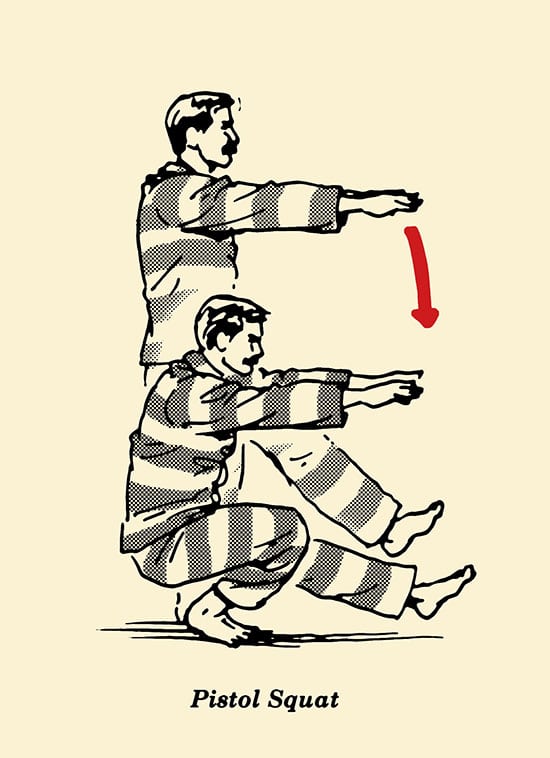https://www.entrepreneur.com/article/278622
the place largely credited with launching this middleman army: It’s
DSDomination.com. The site, which says it has had more than 140,000
users
“DS Domination is the first and only platform of its kind that allows
the average person to harness the power of multibillion-dollar companies
like Amazon, eBay and Walmart at the push of a button,” he says, like
an infomercial pitchman. “Using our unique platform, any user can create
an income within minutes, simply by copy-and-pasting product
information from one company to another.”
To see how this works in real time, I go to eBay and buy a Ripple Rug.
There are five listings for the product on this day, and I select one
from a seller called AFarAwayGalaxy. The price is $49.51; on Amazon,
Ruckel sells it for $39.99. So, how’d this listing get here? Almost
certainly, the seller is using some kind of software -- made by DS
Domination or a competitor -- that scans Amazon for its best-selling
products. (They can also do this on large sites like Walmart’s, though
most seem to focus on Amazon). The software found the Ripple Rug, which,
on the day in June I buy it, is ranked number 25 in cat toys. Then it
copied everything in the Amazon listing and pasted it into an eBay
listing --amusingly, right down to the part of the product description
that says,“Thank you for viewing our Amazon version of the Ripple Rug.”
The price is usually set between 5 and 15 percent over the Amazon price.
When I make the purchase, the person behind AFarAwayGalaxy simply goes
to Amazon and buys a Ripple Rug -- but instead of buying it for
themselves, they designate it as a gift and have it shipped to me.
Because I paid $9.52 above the Amazon price, that’s profit, which
AFarAwayGalaxy can keep (minus Paypal and eBay fees). This seller has
more than 11,000 items listed on eBay. That can quickly add up to real
money.
“That’s genius!” says David Bell, a professor at the University of
Pennsylvania’s Wharton School, who studies e-commerce. He’d never heard
of this scheme but laughed loudly when I explained it.
But once everyone could comparison shop online, Bakos reasoned, every
site would likely have to offer the same price. And yet, it turns out,
many shoppers don’t do the research. If they like eBay, they buy on
eBay.
But then he began seeing an uptick in returns and pieced together what
was happening: Someone orders the Ripple Rug on eBay, but the product
shows up in an Amazon box. The customer is confused, goes to Amazon,
sees how much cheaper the product is there and feels ripped off. “Who
are they immediately mad at?” Ruckel says. “The people at Ripple Rug,
not some person from nowhere!”
The customer then returns the product, setting off a crazy series of
events. Let’s say I want to return the Ripple Rug I just bought. I’d
push the “return” button on eBay. AFarAwayGalaxy would then go to
Amazon, acquire a return label (which is free for Amazon Prime
customers) and send it to me. But because eBay sellers can set their own
return policies, AFarAwayGalaxy reserves the right to charge customers a
20 percent “restocking fee” -- which in this case would come out to
about $9.90 -- as well as a shipping fee. Meanwhile, Amazon would charge
Ruckel a return fee and ship him the product so he could inspect it.
Almost always, Ruckel says, returned products have been opened and are
covered in cat hair -- making them impossible to sell again.
So, in total: I could have lost more than $10. Ruckel would lose $19.51
(that’s the $2.05 per unit it costs him to stock at Amazon’s warehouse,
$12.06 in nonrefundable fees for Amazon to process a sale and $5.40 in
return fees). And AFarAwayGalaxy, the only person in this transaction to
never spend a dime, just made enough money for lunch.
He has appealed to eBay and Amazon, but arbitraging doesn’t appear to
violate either platform’s rules. Amazon declined to comment for this
story. An eBay spokesman told me, “We don’t specify where sellers obtain
the products they sell.” Hitesh Juneja, DS Domination’s cofounder, says
he has “a very good relationship with eBay.”
Eric Wildermuth, who sells a line of children’s hats called
Snuggleheads, came up with a particularly sneaky punishment: He bought
his own hat from an eBay arbitrager for $27 -- and then, before the
arbitrager could go to Amazon and make the purchase, Wildermuth changed
his Amazon listing price to $199. Result: The arbitrager could either
lose $172 on the sale or cancel the purchase, which would damage the
arbitrager’s eBay ranking. Wildermuth repeated this about 10 times. “I
got these frantic calls [from the arbitrager]. He said, ‘Please don’t do
this,’” says Wildermuth. “He knew what I was doing. And I let out a
string of expletives.”
But DS Domination has also evolved past arbitraging. It now teaches its
most advanced users how to produce their own products and sell them on
Amazon. Becker tried it, loved it and gave up arbitraging altogether.
She developed a brand called Juligo, a niche in camping equipment, and
found a particular hit with a headlamp. It’s just an ordinary, generic
light made by a Chinese manufacturer, which she had stamped with her
brand. “I’ve sold tens of thousands of those buggers, a ridiculous
amount,” she says. “On those alone, I’ve done more than six figures of
gross sales over the course of a year.” Now she regularly invests
$10,000 in new inventory, has it shipped to her home so she can inspect
it for quality and then sends it off to Amazon’s warehouses...
Arbitraging has become too popular for its own good.
When
Leacock started, he says, he was able to make a decent living. But now
more and more people are flooding eBay with identical listings. “You
have no idea how hard it is to make money at it these days,” Leacock
writes. “Only the big guys are making money, and not nearly as much as
people would think. The attrition rate is sky-high for new people in
this business. Very few will make it.”



